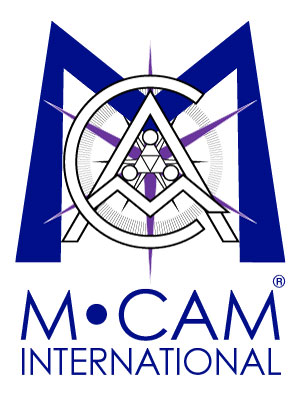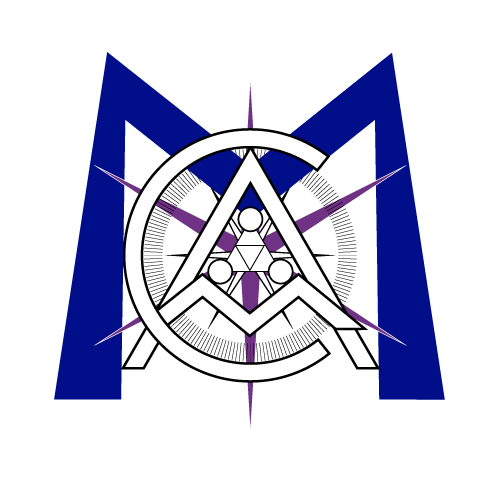Workshop to Focus on Value of Intellectual Property
Date: Mon, 2000-02-28
Carol Litchti Inside Business February 28, 2000 NASA Langley Research Center’s scientists invent new technology for the aerospace industry. Jefferson Laboratory’s researchers race electrons to study nuclear physics. Local universities conduct their own research, coming up with ideas that could have commercial potential. But each institution has its own way of recording information and attempting to commercialize the technology, inventions and patents it generates. Those ideas, known as intellectual property, could be a greater asset to Hampton Roads if the information gathered and processed used were consistent. That’s why NASA’s technology commercialization department and the Hampton Roads Technology Incubator are holding a works session on March 10 to start development of a uniform method of assessing intellectual property. “It will be the first time some of these people have been in the same room,” said Marty Kaszubowski, director of the incubator. The goal is to develop a regional approach to intellectual property after studying the best examples of what research institutions and corporations do. “We want a sense of the best practices of other government labs and universities and we want to be aware of the best practices of all the organizations and use that to build a region-wide capability of gathering intellectual property information and reporting it,” Kaszubowski said. David Martin, founder of M·CAM, a Charlottesville company that assesses intellectual property as collateral, is scheduled to speak at the workshop. His company has developed software to assess intellectual property. Attendance at the workshop is by invitation only, but Kaszubowski said he could see the event growing into an annual conference. Sam Morello, director of NASA’s technology commercialization program, and his staff are helping Kaszubowski arrange the workshop. NASA Langley works with the Research Triangle Institute, a North Carolina-based nonprofit research agency with an office in Hampton, on commercializing technology NASA has developed. “That’s a process that is not just beneficial to NASA, but also would be helpful if it was available to others in the region,” said Terry Riley, director of the Hampton Roads Technology Council, which oversees the incubator. “It’s a great thing and I’m all for stealing an idea and broadening it to make it available to the region.” Developing a regional technology assessment program has been a goal of the Hampton Roads Partnership, a group of public and private leaders from the region. Having a regional method for assessing intellectual property should help promote the start of new businesses and new product lines for existing companies. “That’s how a region becomes more than the sum of its parts,” Kaszubowski said.


Sorry, the comment form is closed at this time.